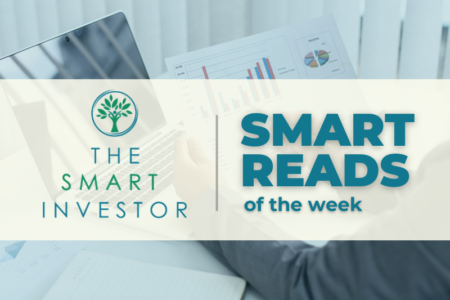With the Singapore earnings season now firmly in the rear-view mirror, the market is likely to focus on economic matters next week.
At the top of the list could be the latest meeting minutes from the Federal Reserve rate-setting committee. When the Fed chair, Jerome Powell, testified before the House budget panel, he said he does not see signs of bubbles brewing in “sustainable” markets. He added that there were no immediate dangers being posed by trillion-dollar deficits.
Meanwhile, the People’s Bank of China could say that the benchmark lending rate – the loan prime rate (LPR) – could be lowered from 4.2% to 4.1%. The LPR, which was introduced in August, is based on a weighted average of lending rates from 18 commercial banks.
Staying with central banks, the Reserve Bank of Australia’s meeting minutes will be eyed for clues about the next rate cut. In October, the central bank said it is prepared to ease monetary policy if needed to support sustainable growth, full employment and to achieve its inflation target.
Japan could say that both core inflation and inflation crept up in October. The stubbornly low rate of inflation could increase the chance of further stimulus after the central bank left interest rates unchanged at its September meeting.
Elsewhere, Bank Indonesia could leave interest rates unchanged at 5% after it lowered the repo rate by 0.25% to 5% in October. The central bank of Thailand is also expected to keep interest changed unchanged at 5%.
And finally, Singapore is expected to say that the headline rate of inflation increased from 0.5% in September to 0.8% in October. In September transportation prices slowed, while housing and utility prices fell. But food prices was steady.
If you’d like to learn more investing concepts, and how to apply them to your investing needs, sign up for our free investing education newsletter, Get Smart! Click HERE to sign up now.
None of the information in this article can be constituted as financial, investment, or other professional advice. It is only intended to provide education. Speak with a professional before making important decisions about your money, your professional life, or even your personal life. Disclosure: David Kuo does not own shares in any of the companies mentioned.




